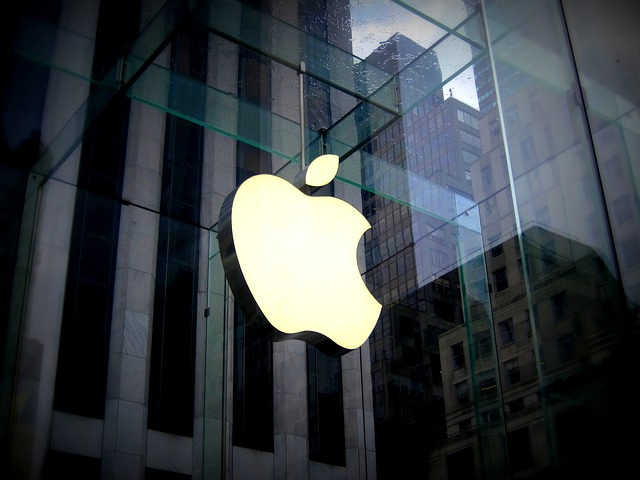You might have heard some news stories about how the FBI wants Apple’s help to get into the iPhone of one of the San Bernardino shooters. But what’s the big deal with this story, anyway?
What’s going on
The FBI has asked for Apple’s help to break into a locked iPhone which belongs to one of the San Bernardino shooters, partly because they want to ensure they can get into the phone without the data on the phone being erased.
It’s debatable whether that’s a valid reason, according to both the ACLU and NSA whistleblower Edward Snowden. Meanwhile, Apple has resisted orders to loosen the security on the iPhone, as it’s concerned that such a move could be a huge blow to the privacy of all iPhone users.
Why it matters
If Apple is forced to loosen security on this iPhone, it sets a precedent. In the words of the ACLU, “Law enforcement has dozens of other cases where they would love to be able to compel software and hardware providers to build, provide, and vouch for deliberately weakened code.”
If the FBI can force Apple to break into the San Bernardino shooter’s phone, it and other law enforcement agencies could potentially use this power on a wide number of other criminal cases. This presents a huge blow to Americans’ right to privacy.
How it affects you
In cases like these, the phrase “If you have nothing to hide, you have nothing to fear” gets thrown around a lot. The same argument was used to defend the NSA’s bulk data collection.
But even if you’ve done nothing wrong, it’s not unreasonable to be wary of granting more power to intelligence agencies to tap into your personal data—especially when those intelligence agencies have a history of lying about such data collection.



